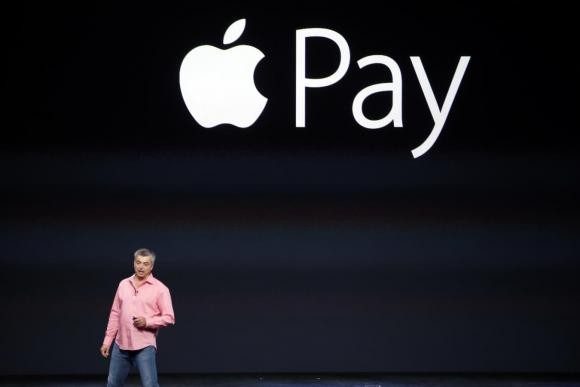After Tim Cook told reporters in October of last year that launching Apple Pay in China was a top priority for the U.S. technology giant, it appears that the process has been stalled as a result of fears that Cupertino's mobile payment system could supplant China's UnionPay.
The matter has been further complicated by the alleged existence of an issue regarding the technical standards of the chips used by Apple's iPhone 6 and 6 Plus models.
The snag in the China-Apple Pay negotiations, which appear to have surfaced over the last 24 hours, will most likely deflate the Apple CEO after he returned from discussions with a senior Chinese official last year that were spurred by an attack on an iCloud server in China. Cook relayed that the interaction was "very open" and referred to China as a "really key market" for his corporation.
At present, UnionPay oversees a monopoly within China for NFC-based mobile payments, while the mobile finance arm of Jack Ma's Alibaba Group, Alipay, controls mobile payments that use QR codes, which are still popular among Chinese smartphone users.
In terms of UnionPay's anxiety about Apple Pay's entrance into China's mobile-payment niche, an unidentified source informed the media:
"For UnionPay, cooperating with Apple means opening its settlement system. It would be hard to say who's in control. . . . UnionPay definitely wants to keep a grip on the system."
In addition to the chip-based technical issue, it has been reported that China is seeking the setup of an Apple data center in China, so that Chinese customers are protected on a cybersecurity level, as well as a localized support center to readily assist Chinese Apple Pay users.
Furthermore, Apple may also be asked to reduce its China-based transaction fees. If the words of a People's Bank of China (PBOC) official are to be believed, then Apple has already started work on its cooperative response.



























